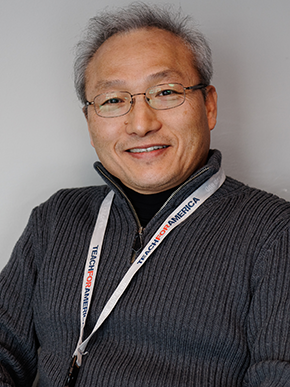Abstract—Cognitive radio (CR) is the key technology for unlicensed secondary users (SUs) to exploit the unused spectrum of primary users (PUs) via opportunistic spectrum access. In CR networks, SUs can be coordinated to perform cooperative spectrum sensing (CSS) to achieve higher detection accuracy. The fusion center in centralized CSS collects all the individual local spectrum sensing information from the respective SUs and combines the local spectrum sensing result by applying appropriate fusion rule to give a final collaborative decision whether to proceed with spectrum access or not. Basically, there exist two kinds of detection errors (i.e., miss-detection error and false-alarm error) in spectrum sensing, which degrade the sensing performance severely. Aiming to minimize the probability of total detection errors, we first dissect different hard decision fusion rule and we establish that “Half-Voting (HV)” rule is the optimal fusion rule applied to the detector for centralized CSS. Next, the performance of different hard decision fusion rule in AWGN channel and Rayleigh fading channel is carried out in MATLAB to find out the optimal hard decision fusion rule in centralized and decentralized CSS.
Index Terms—Cognitive radio, centralized, decentralized, hard decision fusion, optimization, Rayleigh fading.
Ashish Rauniyar and Jae Min Jang are with the Department of IT Convergence Engineering, Kumoh National Institute of Technology, South Korea (e-mail: ashish.rauniyar@kumoh.ac.kr, oops_kichin@naver.com).
Soo Young Shin is with the School of Electronics Engineering, Kumoh National Institute of Technology, South Korea (e-mail: wdragon@kumoh.ac.kr).
[PDF]
Cite:Ashish Rauniyar, Jae Min Jang, and Soo Young Shin, "Optimal Hard Decision Fusion Rule for Centralized and Decentralized Cooperative Spectrum Sensing in Cognitive Radio Networks," Journal of Advances in Computer Networks vol. 3, no. 3, pp. 207-212, 2015.


